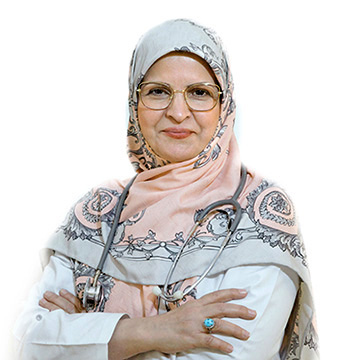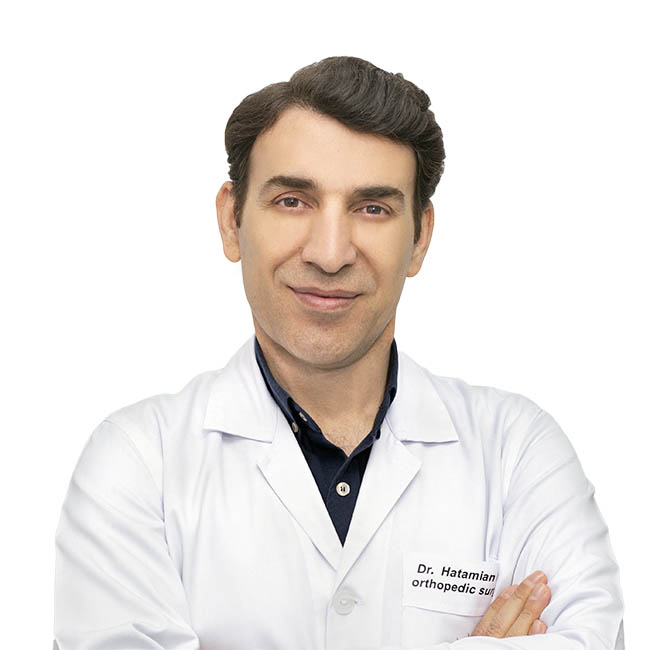Herbal Therapy
What diseases is herbal therapy suitable for healing in traditional medicine?
Herbal therapy has been used for centuries in traditional medicine to treat a wide range of conditions. Here are some of the common conditions that herbal therapy is suitable for healing in traditional medicine:
1. Digestive disorders: Herbal remedies can be used to treat a variety of digestive disorders, such as indigestion, bloating, constipation, and diarrhea. Examples include peppermint for indigestion and ginger for nausea.
2. Respiratory problems: Many herbs have been used to treat respiratory problems, such as coughs, colds, and asthma. Examples include eucalyptus for coughs and congestion, and licorice root for sore throats.
3. Anxiety and depression: Certain herbs, such as St. John's wort and lavender, have been used to treat anxiety and depression. However, it's important to note that these herbs can interact with certain medications, so it's important to discuss their use with a healthcare provider.
4. Skin conditions: Herbal remedies can be used to treat a variety of skin conditions, such as eczema, psoriasis, and acne. Examples include aloe vera for sunburn and chamomile for irritated skin.
5. Pain and inflammation: Many herbs have anti-inflammatory and pain-relieving properties, and can be used to treat conditions such as arthritis and headaches. Examples include turmeric for inflammation and feverfew for migraines.
It's important to note that while herbal therapy is generally considered safe, some herbs can interact with certain medications or have side effects. It's important to discuss the use of herbal remedies with a qualified healthcare provider to ensure their safety and effectiveness. Additionally, herbal therapy should not be used as a substitute for conventional medical treatment when it is necessary.
For which people is it suitable to perform herbal therapy in traditional medicine?
Herbal therapy is generally considered safe and can be suitable for a wide range of people. However, it's important to note that certain herbs can interact with certain medications or have side effects, and some people may have allergies or sensitivities to certain herbs. Therefore, it's important to discuss the use of herbal remedies with a qualified healthcare provider to ensure their safety and effectiveness. Here are some groups of people who may find herbal therapy to be particularly suitable:
1. Those seeking a natural approach to healthcare: Herbal therapy is a form of natural medicine that can be used as an alternative or complement to conventional medical treatments.
2. Those with mild to moderate health conditions: Herbal therapy can be used to treat a wide range of mild to moderate health conditions, such as digestive disorders, respiratory problems, and skin conditions.
3. Those interested in preventative healthcare: Herbal therapy can be used to promote overall health and wellness, and may be particularly beneficial for those interested in preventative healthcare.
4. Those with a history of adverse reactions to conventional medications: For some people, herbal therapy may be a safer and more tolerable alternative to conventional medications.
5. Those who prefer non-invasive treatments: Herbal therapy is a non-invasive form of treatment that does not involve surgery or other invasive procedures.
It's important to note that herbal therapy should only be performed by a qualified practitioner of traditional medicine who has experience and training in the use of herbs. The practitioner should be able to explain the potential risks and benefits of the therapy, and should take appropriate precautions to minimize the risk of complications. If you are considering herbal therapy as a treatment, it's important to discuss the potential risks and benefits with a qualified healthcare provider.
What are the benefits of herbal therapy in traditional medicine?
Herbal therapy has been used for centuries in traditional medicine to treat a wide range of conditions. Here are some of the potential benefits of herbal therapy:
1. Natural approach: Herbal therapy is a form of natural medicine that uses plant-based remedies to treat health conditions. Many people prefer this approach to healthcare as it is seen as less invasive and more holistic.
2. Fewer side effects: Herbal remedies are generally considered to have fewer side effects than prescription medications, particularly when used in the correct dosage and under the guidance of a qualified practitioner.
3. Holistic treatment: Herbal therapy considers the whole person, rather than just treating the symptoms of a specific condition. This holistic approach can help to address underlying imbalances in the body and promote overall health and wellness.
4. Treatment of a wide range of conditions: Herbal therapy can be used to treat a wide range of conditions, from minor ailments such as headaches and digestive disorders, to more serious conditions such as diabetes and heart disease.
5. Personalized treatment: Herbal therapy can be tailored to the individual, taking into account their unique health history and symptoms. This personalized approach can help to achieve better treatment outcomes.
It's important to note that while herbal therapy is generally considered safe, some herbs can interact with certain medications or have side effects. It's important to discuss the use of herbal remedies with a qualified healthcare provider to ensure their safety and effectiveness. Additionally, herbal therapy should not be used as a substitute for conventional medical treatment when it is necessary.
How long is herbal treatment in traditional medicine?
The length of herbal treatment in traditional medicine can vary depending on the individual's specific condition and needs. Herbal therapy typically involves the use of plant-based remedies, which can be taken orally, applied topically, or used as part of a steam bath or other form of external therapy.
The duration of herbal treatment may depend on a variety of factors, such as the severity and duration of the condition being treated, the individual's overall health status, and their response to the herbal remedies. In some cases, herbal therapy may be used for a short period of time, such as a few weeks, while in other cases it may be used for several months or longer.
It's important to note that herbal therapy should only be performed by a qualified practitioner of traditional medicine who has experience and training in the use of herbs. The practitioner should be able to explain the potential risks and benefits of the therapy, and should take appropriate precautions to minimize the risk of complications. They may also provide instructions for care and follow-up, which may include regular check-ins to monitor the individual's progress and adjust the treatment plan as needed.
If you are considering herbal therapy as a treatment, it's important to discuss the potential risks and benefits with a qualified healthcare provider and follow their guidance on the appropriate duration of treatment.
What is the doctor's recommendation for herbal therapy?
Herbal therapy is a broad term that refers to the use of plants or plant extracts for medicinal purposes. While some herbs may have health benefits, it is important to consult with a qualified healthcare provider before using them, especially if you are taking any medications or have underlying health conditions.
Different doctors may have different opinions on the use of herbal therapy, as it is not a widely accepted form of treatment in traditional Western medicine. However, some doctors may be open to the use of certain herbal remedies in conjunction with conventional medical treatments.
If you are interested in exploring herbal therapy, it is important to do your research and consult with a qualified healthcare provider who can help you determine the safety and effectiveness of specific herbs for your particular health condition. They can also advise you on proper dosages and potential side effects or interactions with other medications or supplements you may be taking.
How is herbal therapy done?
Herbal therapy, also known as herbal medicine or herbalism, is the practice of using plants and their extracts for therapeutic purposes. It involves the use of various plant parts, such as leaves, stems, flowers, roots, and seeds, either individually or in combination, to promote healing and maintain wellness.
Here are some common methods used in herbal therapy:
1. Herbal Preparations: Herbs can be prepared in different forms, including teas, infusions, decoctions, tinctures, capsules, tablets, creams, oils, and poultices. The chosen form depends on the specific herb, its intended use, and the desired method of application or ingestion.
2. Herbal Teas and Infusions: This method involves steeping herbs in hot water to extract their medicinal properties. The resulting herbal tea or infusion is consumed orally. It is a simple and popular way to use herbs and is often used for treating digestive issues, promoting relaxation, or supporting the immune system.
3. Herbal Tinctures: Tinctures are concentrated herbal extracts made by soaking plant material in a mixture of alcohol and water. The alcohol acts as a solvent, extracting the active constituents from the plant. Tinctures are typically taken orally and can be easily measured and adjusted for dosage.
4. Topical Applications: Some herbs are used externally as creams, oils, or poultices to address skin conditions, relieve pain, or promote healing. They are applied directly to the affected area. Examples include aloe vera gel for burns or cuts, arnica cream for bruises, or lavender oil for relaxation.
5. Herbal Supplements: Herbal remedies are also available in the form of standardized capsules, tablets, or powders. These are convenient for those who prefer a consistent and measured dosage. However, it's important to consult with a qualified healthcare professional or herbalist before taking any herbal supplements to ensure safety and proper usage.
It's crucial to note that herbal therapy should be approached with caution. While herbs can have beneficial effects, they also have the potential for side effects and interactions with medications. It's advisable to consult with a qualified herbalist, naturopathic doctor, or other healthcare professional who has expertise in herbal medicine before starting any herbal therapy regimen.




